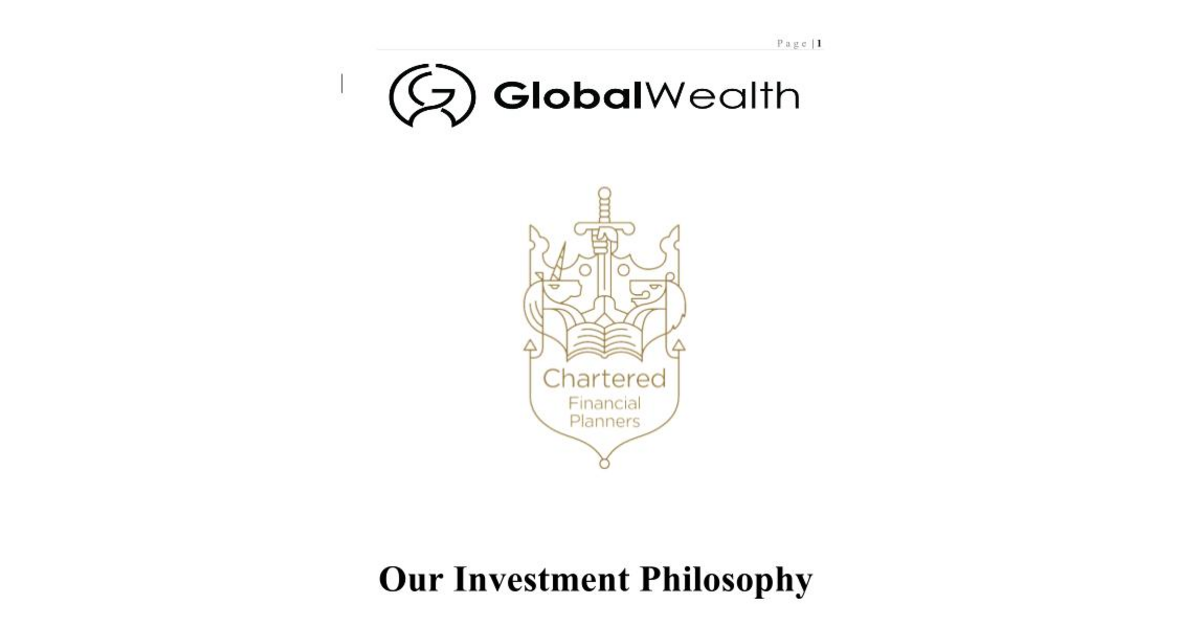This is a common enough situation in towns around Ireland.
Person/couple want to offload a business or rental properties that are increasingly too much effort to self-maintain.
(Property management firms generally have a bad name as regards their smaller clients, especially concerning maintenance costs.)
Question is, where do you put the cash after the sale ?
Deposit rates in banks are a joke. Credit union rates not much better.
Gold/silver/platinum is solid investment but you have to factor in the secure storage costs.
Crypto-currencies have provable security as funds transfer systems but may find their speculative value slashed when better systems are devised.
Because of older age, the usual attractions of a selected plc portfolio may not offer either enough security or time for capital growth.
Right off, all I can think of is government bonds. I'm not sure how good the rates are but they are generally 100% sure and CGT free in Ireland.
Can anyone suggest other suitable places for older persons' cash ?
Person/couple want to offload a business or rental properties that are increasingly too much effort to self-maintain.
(Property management firms generally have a bad name as regards their smaller clients, especially concerning maintenance costs.)
Question is, where do you put the cash after the sale ?
Deposit rates in banks are a joke. Credit union rates not much better.
Gold/silver/platinum is solid investment but you have to factor in the secure storage costs.
Crypto-currencies have provable security as funds transfer systems but may find their speculative value slashed when better systems are devised.
Because of older age, the usual attractions of a selected plc portfolio may not offer either enough security or time for capital growth.
Right off, all I can think of is government bonds. I'm not sure how good the rates are but they are generally 100% sure and CGT free in Ireland.
Can anyone suggest other suitable places for older persons' cash ?




